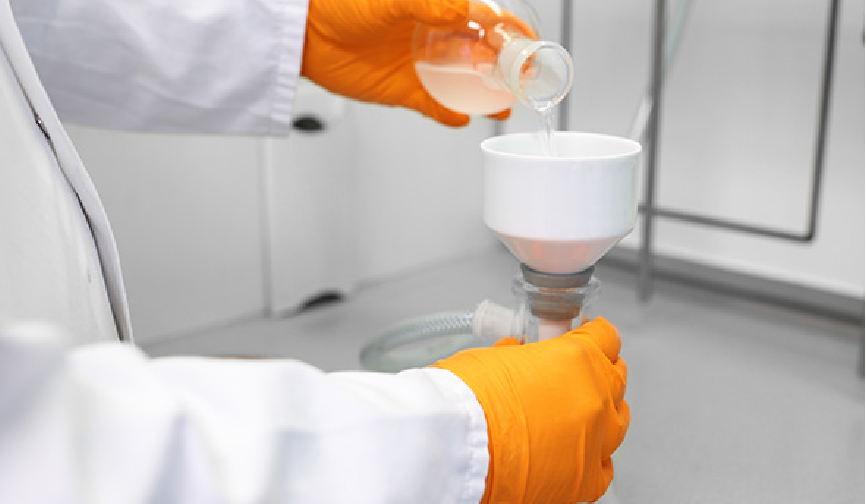Here at Dapin, we often find our clients come to us with a problem they are facing with their API. A company that simply manufactures a long list of generic APIs may well only offer them as standard products. However, a CDMO like Dapin does not have a product list, as such – we will develop a product specifically for a client, or take their process and implement it in our facility, either with or without further optimisations.
We are also adept at solving problems, something that can often be achieved by implementing some form of customisation. The most requested problem-solving customisation is, without a doubt, for a specific particle size distribution. This might be because of a desire to overcome a patent situation, for example, or because it is required to improve or enable a particular formulation. Customisation might even involve a special request for a specific packaging format or size, perhaps because this might avoid wastage.
Our customisation services are particularly important if a client is having problems with a drug’s formulation. They might ask if we’ve seen something similar before and ask how we would suggest these issues might be overcome. Taking collaborative approach can prove the key to finding a successful formulation. They know what they want to achieve. Can we help them get there?
On occasion, it might be that a problem arises that could not have been foreseen. And this is where there is no substitute for experience and access to a wide range of capabilities – this is something that allows Dapin to respond to the unexpected. They may come to us with an idea rather than a problem, but either way it is our job to come up with the right answer for them.
While customisations are often made in response to specific requests from clients, they could also be routinely offered for a generic API that is made and sold to multiple clients, particularly if it will help avoid patent infringement. That might be the difference that allows a company an early launch to capture the market ahead of wider generic competition, enabling them to establish their own product and their own brand.
Another reason a company might be looking for customisation is for a drug repurposing, where they take a licensed medicine and use it for a new indication that meets an unmet medical need. This is particularly prevalent in the rare disease market. But they may want to use the API in a different dosage form, and the API may need customising.
Different dosage forms require API customisations, too. A company might think a bilayer tablet would be helpful for patients, but the two layers prove incompatible because of an issue relating to the API that might be solved via some form of customisation. Or what about a product that is sold as a softgel – might it be possible to reformulate it into a standard capsule?
Then there are products such as the GLP-1 diabetes medicines that are now being widely used for weight loss, but are formulated as injectables. There are obvious advantages in moving away from injectable products and launching orally available alternatives which, again, may well require API customisation.
Whatever the reason for the customisation, the amount of help a client will require is likely to depend on their in-house resources. A big company with a significant portfolio of marketed drugs may well have the capability to do most, if not all, the work themselves. But many of the companies in the start-up space have no development or manufacturing capabilities of their own. They are reliant on CDMOs to create and progress the product for them. And, of course, this includes specialists in API manufacture like the skilled and experienced team here at Dapin.

Contact Us
Contact us today to explore reliable, end-to-end API and
Intermediates solutions tailored to your needs.




